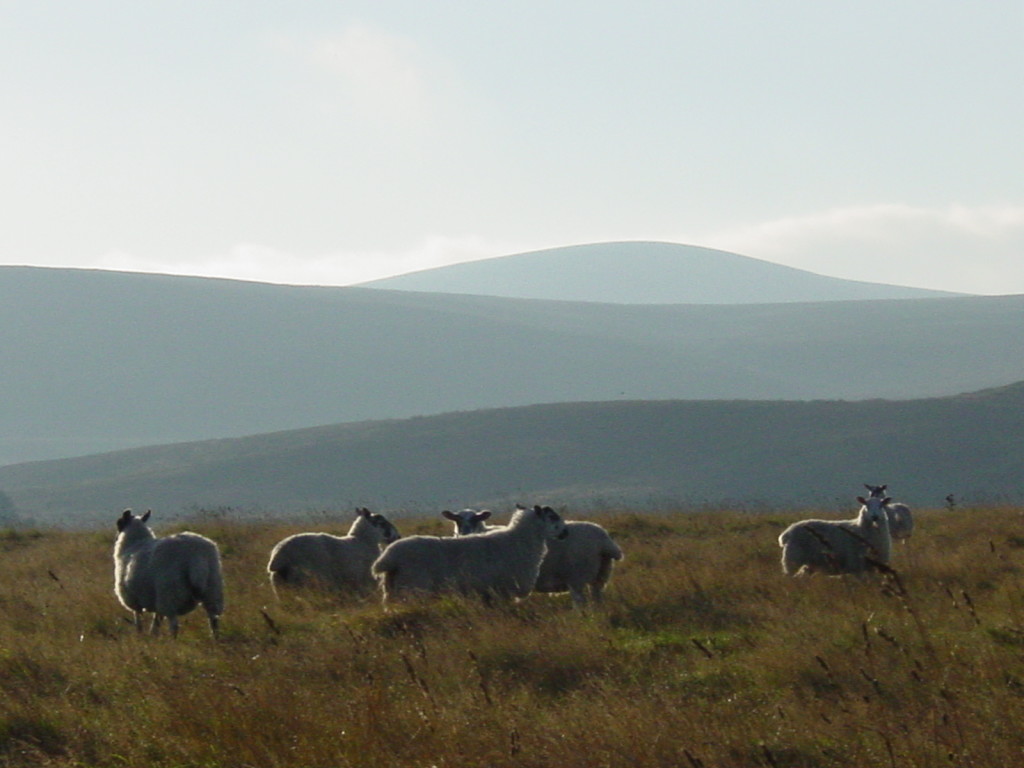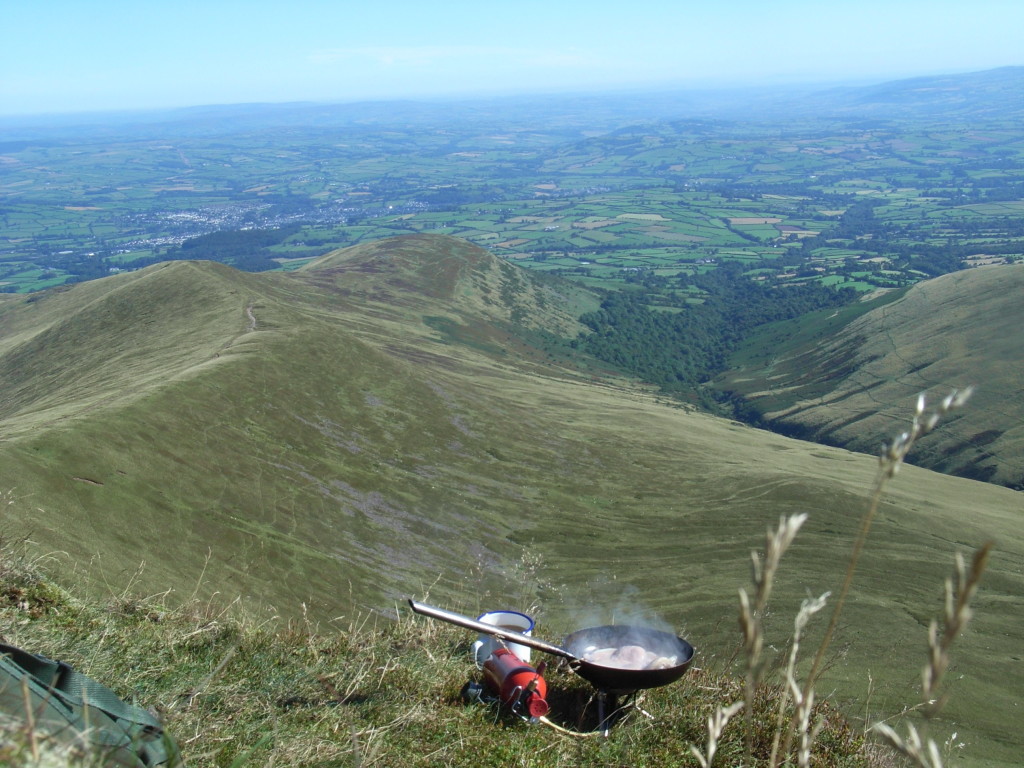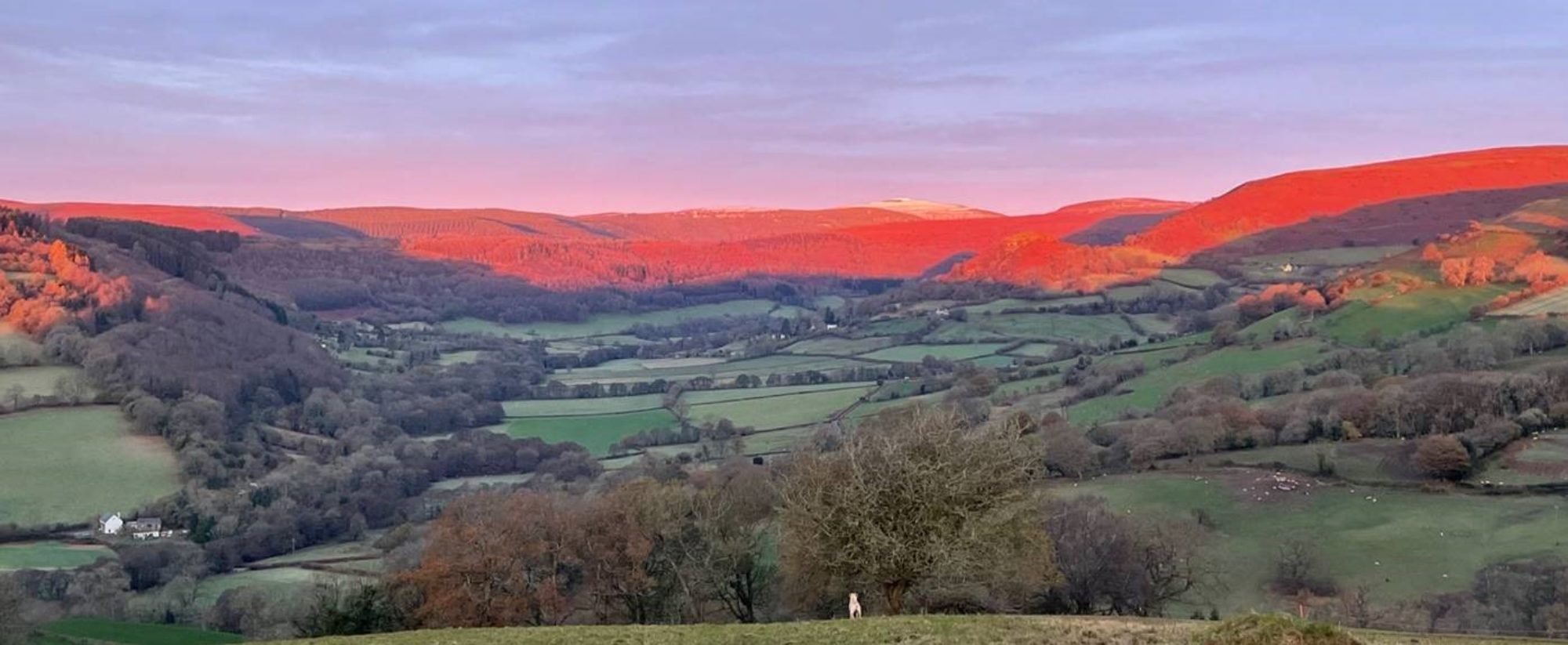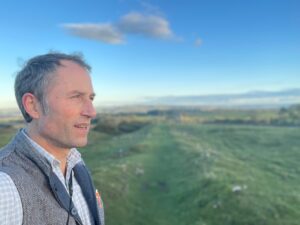For three hundred and sixty five days a year we jostle, stamp, cajole, consume, and survive alongside nature. Which itself is, of course, trying to do exactly the same. Except that we humans are somewhat more dominant in the age of Anthropocene.

In 2010, I published a journalistic debate paper ‘New demands; old countryside‘ (pdf) which changed the way I viewed the environment. While we are part of nature – seeking food, shelter and clothing amongst other needs – we are also increasingly disengaged from food production and nature conservation.
This complexity was brought home to me during interviews with industry leaders from Natural England, NFU, RSPB, Soil Association, CPRE, National Trust, GWCT, LEAF, Rural Affairs MPs, and supermarkets – all staking out their own agendas within their own silos.
As 20th Century freethinker (Mencken) observed, ‘for every complex problem there is an answer that is clear, simple, and wrong’. And it seemed that for every government report at the time – from Read’s ‘Combating Climate Change; A role for UK forests’ (2009) to Lawton’s ‘Making Room for Nature‘ (2010) and Foresight’s ‘The future of Food and Farming‘ (2011) – they all called for ambitious, though arguably at times, unrealistic ‘step change’ solutions.

I realised that I had fallen into the same trap. As ambitious as the EU’s 2020 targets for both biodiversity and renewables; perhaps without realising the trade-offs inherent in our interactions with natural capital – from our grocery requirements, to our pursuit of leisure.
Five years on I recognise a greater need to shelve ideals and to share ideas, to find common ground and not just demand: ‘are you with us, because if not, you are against us!‘ thus creating entrenched polarised positions. GM or organic, grouse shooting or ban, meat or vegan, forestry or moorland, oak trees or lapwings – are all matters which have some degree of common ground (not middle ground!), which may involve compromise to share in pragmatic solutions.

Dead Poets Society was a film with an unconventional teacher tearing chapters from textbooks and asking students to stand on their desks to see the world from a different angle. His free-thinking attitude, alongside the liberating philosophies of the poets he introduces, have a profound effect on his students encouraging them to become individualist thinkers for themselves.
Of course not all ends well and I’m no poet, but in around 500 words (or more likely now, a weekly 90 sec vlog), I might sometimes occasionally ask you to stand on your desk, think for yourself, and listen tolerantly to other views.
update 08.11.23 – since this blog, Brexit, Covid, war, cost of living/energy/climate/nature emergencies have risen to the surface which have drowned out what my children and I refer to as HTP – humility/tolerance/pragmatism! All is not lost. Hunker down. Focus on trust. Meet face-to-face. If I can help convene, curate, compere, moderate any meeting or events, drop me a line. Onwards!


Well said, Rob. Feels to me that in my world of river & fisheries conservation, views on lots of issues (impacts of farming, fish stocking, fish predators etc) are becoming ever-more polarised, with nought gained. My American friend, John Zablocki, taught me a fundamental lesson in the need to “reframe the debate”, to see the needs of the “other” side and to make ground for both through that process.
Brings to mind that Thomas Dewar quote – ‘Minds are like parachutes – they only work if they are open’.
Also related – if you haven’t already, read ‘Framespotting’ by Alison and Laurence Matthews – http://www.framespotting.com/.
Rob
Its a very interesting balance to achieve. Do you need to have vision, ambition and agitators to help shift the debate? Ultimately however someone needs to get on an do something and entrenched positions cause gridlock.
I am a forester and at the first estate I worked at forestry and game keeping ‘didn’t get along’. This lead to un-thinned dark woodlands that were poor for timber, wildlife and game. By trying to understand the position of the game keepers we started thinning the woodlands bringing them back to life. Replicate this situation across the country in this and other scenarios and you can see how crucial compromise and understanding are to land management.
Compromising is ok in a stable system, but the pendulum has gone so far into the ‘bleed resources dry’ area that eco-systems are failing. Meeting half way will not change much and urgent unilateral action and legislation is needed to control the profiteers.
As a professional facilitator for many years, and an instinctive one for far longer, framing that encourages meaningful exploration of many perspectives on a theme and the involvement of systemic thinking is something I have seen work time and again. This type of process reduces risk, helps people make better decisions, and co-deliver better outcomes. In my experience these significant conversations need to be convened, hosted and supported with purpose, they don’t just happen. The subject and context is complex, and can’t be explored thoroughly in an afternoon or day or a month…..
There is pressure to reach conclusions too soon, without having really looked outside the box (or having stayed in a box that’s too small, or for too short a time).
It’s easy to regard people with entrenched views as barriers to deliberation, perhaps because they are perceived as bullies and won’t listen, or are show offs, too critical. They aren’t difficult people, they’re essential people to gather in – otherwise we risk losing their potential for leadership, energy, enthusiasm, providing and analysing information. Ditto those who may appear passive-aggressive, their positive potential is too important to discount.
I’m all for more facilitators, but what we really need is truly enlightened conveners!
Landscape scale strategic planning should be encouraged and led by landscape architects with an understanding of landscape urbanism, who as a profession have the greatest understanding of how diverse systems link together, and can be a mediator to bring all the other more partisan stakeholders together. For example regarding our uplands we often hear how important grouse shooting is to the ‘local economy’, that may be so on occasion but a landscape architect would go further and take into consideration the long term effects on soil fertility, biodiversity, erosion, flooding and local and wider economy and adaptability to climate change. Our landscape would look very different but would function far better in my opinion.